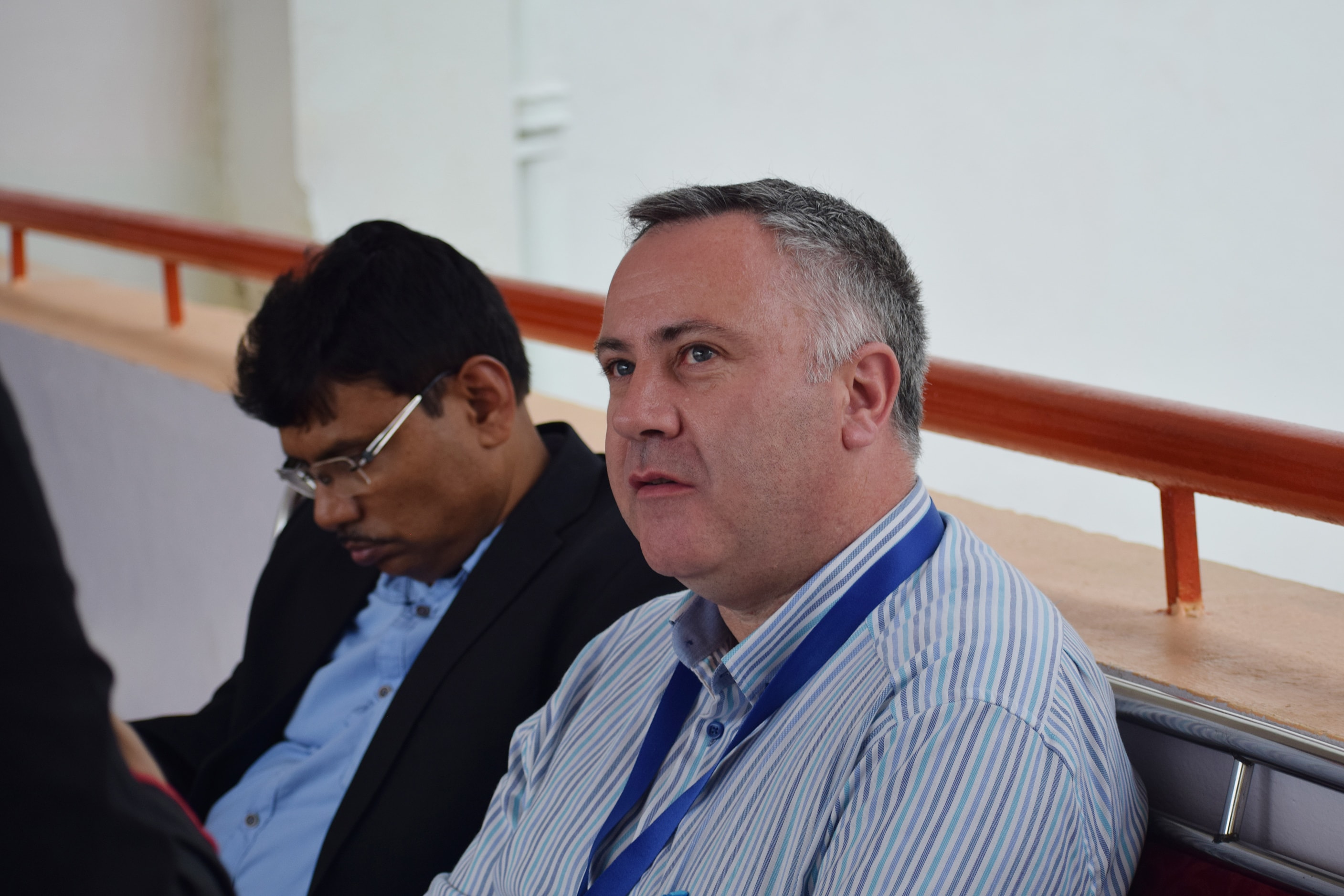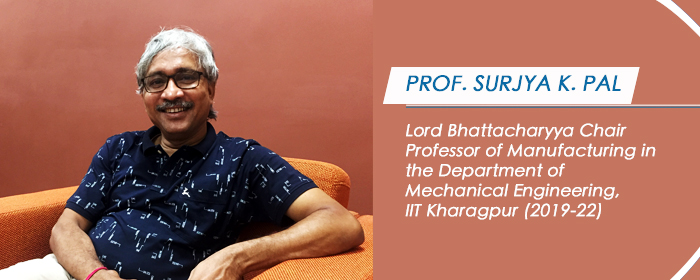
Going forward
Professor Tony McNally, Director- International Institute for Nanocomposites Manufacturing; Director-National Polymer Processing Centre of WMG, was the Chief Guest at the International Conference on Advances in Polymer Science and Technology (APSRT) being held at IIT Kharagpur between September 24-27 by the Rubber Technology Centre of the Institute. He spoke to KGP Chronicle on the legacy of Lord Bhattacharyya and WMG’s long relationship with IIT Kharagpur. On Lord Bhattacharyya and WMG: Lord Kumar Bhattacharyya was the Founder of the WMG in 1980 at a time when British industry was in dire straits and needed help. He was a man before his…


